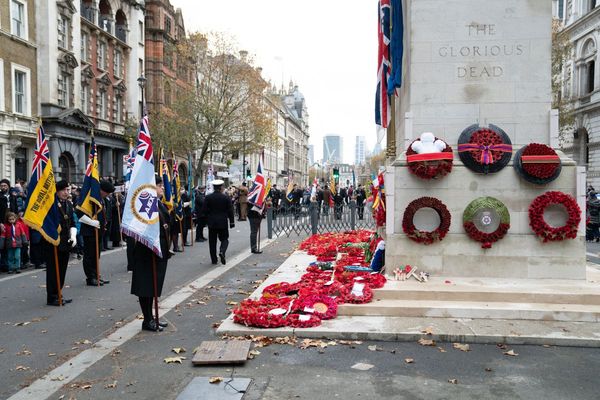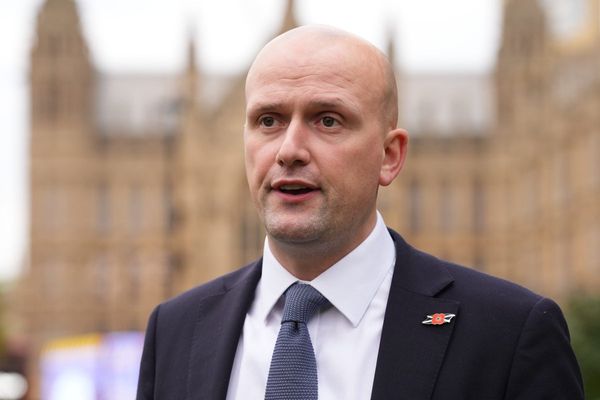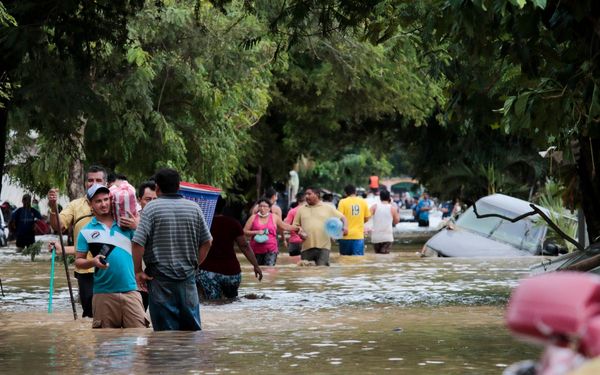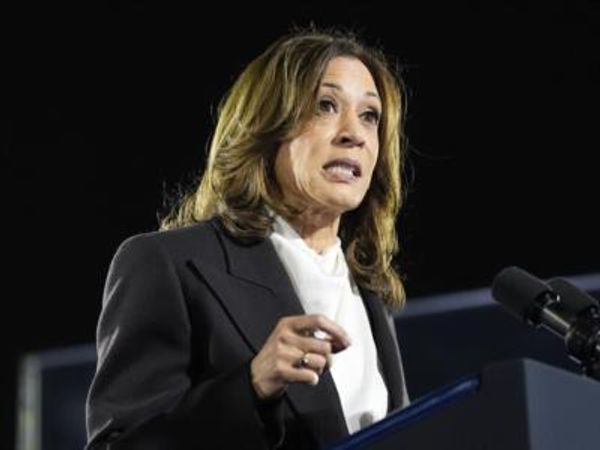
I read with great interest Emine Saner’s article (OMG! Is swearing still taboo?, 9 February). I remember reading, many years ago, an article about how the increased usage and acceptability of swearing had contributed to a more violent society. The main idea was that swearing, historically, had been used between adversaries to warn of increasing tensions in a conflict or argument. Each party would be aware of the significance of the use of swearwords, enabling either side to back down or withdraw.
The theory was that with the widespread use of these words and the acceptability of them, their value in this context had decreased; their significance was no longer understood. A stage in the development of a conflict had been removed – thus resulting in the increased likelihood of arguments escalating to a violent conclusion. The idea seemed to make sense to me then, and it certainly does now.
Martin Webber
Paignton, Devon
• I never heard my father (born 1900) swear at home, and only once heard him say “bloody” when talking with his workmates (he was a railway trackwalker). When he realised that I had observed this, he looked horrified. Indeed, I don’t recall anyone in the wider family swearing, under any circumstance – and yet the discourse was in no sense less powerful. In the mining community where I went to primary school, swearing in the family was not common.
As head of a university department for 15 years, I had only one staff member who swore in meetings, and she left, presumably after discovering that her language did not make her arguments more persuasive. Swearing may not be a sign of poverty of vocabulary, but it is certainly a sign of poverty of expression.
Tom Wilson
Professor emeritus, University of Sheffield
• Many years ago I attended a neighbourhood party in the Blue Mountains, some 50 miles west of Sydney, Australia. Wandering around among the party guests was a toddler, and every minute or so he would exclaim “bugger” – for no apparent reason. We all took this in our stride, although a few eyebrows were raised. His mum and dad, who lived across the road, seemed mildly embarrassed, but neither they nor anybody else said anything. Inevitably, his nappy needed changing. His mum said to nobody in particular: “I will take him home and change him.” She bent down to pick him up, saying: “Come on, you little bugger.”
Douglas Holleley
Rochester, New York, US
• Swearing used to be almost entirely a part of working-class culture, used mainly by men. Most would usually swear only when with other men, rarely in front of women and children, although women working in factories would often let rip. It only became acceptable to swear when it was hijacked by the middle classes, who used it to shock their contemporaries.
Gordon Glassford
Corby, Northamptonshire
• The English-speaking experts may feel swearing is all about sex, but if they’d only head to French Canada they’d encounter some rousing old-fashioned religious swearing, known as sacres. Toast lands on the floor? “Tabernak!” you shout. Toast lands buttered side down? “Ostie de calvaire!” No fucks left to give, experts? “Je m’en calisse.”
Judith Flanders
Montreal, Quebec, Canada







